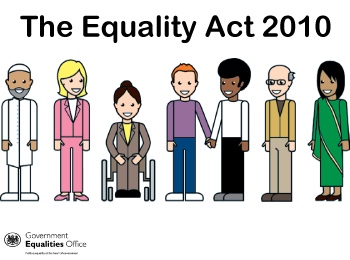Complying with The Equality Act 2010
In Running your business
Follow this topic
Bookmark
Record learning outcomes
Does your pharmacy comply with The Equality Act 2010?
 How does the Act define 'disabled'? A disability is defined as a physical or mental impairment that has a substantial and long-term adverse effect on a person's ability to carry out normal day-to-day activities. An impairment is treated as long term if it has lasted (or is likely to last) at least 12 months.
How does the Act define 'disabled'? A disability is defined as a physical or mental impairment that has a substantial and long-term adverse effect on a person's ability to carry out normal day-to-day activities. An impairment is treated as long term if it has lasted (or is likely to last) at least 12 months.
Who is a 'service provider'? The need to make adjustments to buildings affects service providers who provide services, goods or facilities to the public or a section of the public. This includes pharmacy premises.
The three requirements. The Act sets out three requirements as follows:
- Where something puts a disabled person at a substantial disadvantage, there is a duty to take reasonable steps to avoid the disadvantage.
- Where a physical feature of a property puts a disabled person at a substantial disadvantage, the Act imposes a duty to take reasonable steps to avoid the disadvantage.
- Where a disabled person would be at a substantial disadvantage without an auxiliary aid, the Act imposes a duty to take reasonable steps to provide auxiliary aids.
What is a 'substantial disadvantage'? A substantial disadvantage is one that is more than minor or trivial and the comparison is with a non-disabled person. The pharmacist may either take reasonable steps to avoid the disadvantage or take reasonable steps to adopt a reasonable alternative method of providing the service.
- The above is a general overview and you should seek specific legal advice for your individual concerns.
Asfa Javed is an associate in the real estate team at Charles Russell LLP, asfa.javed@charlesrussell.co.uk
